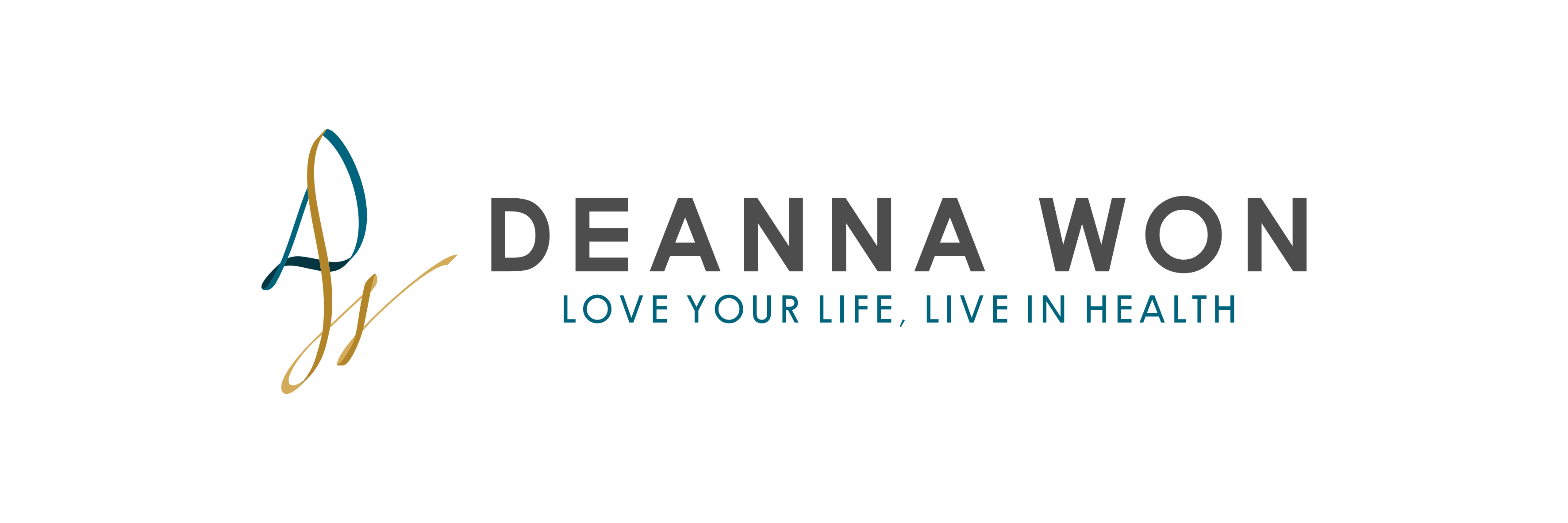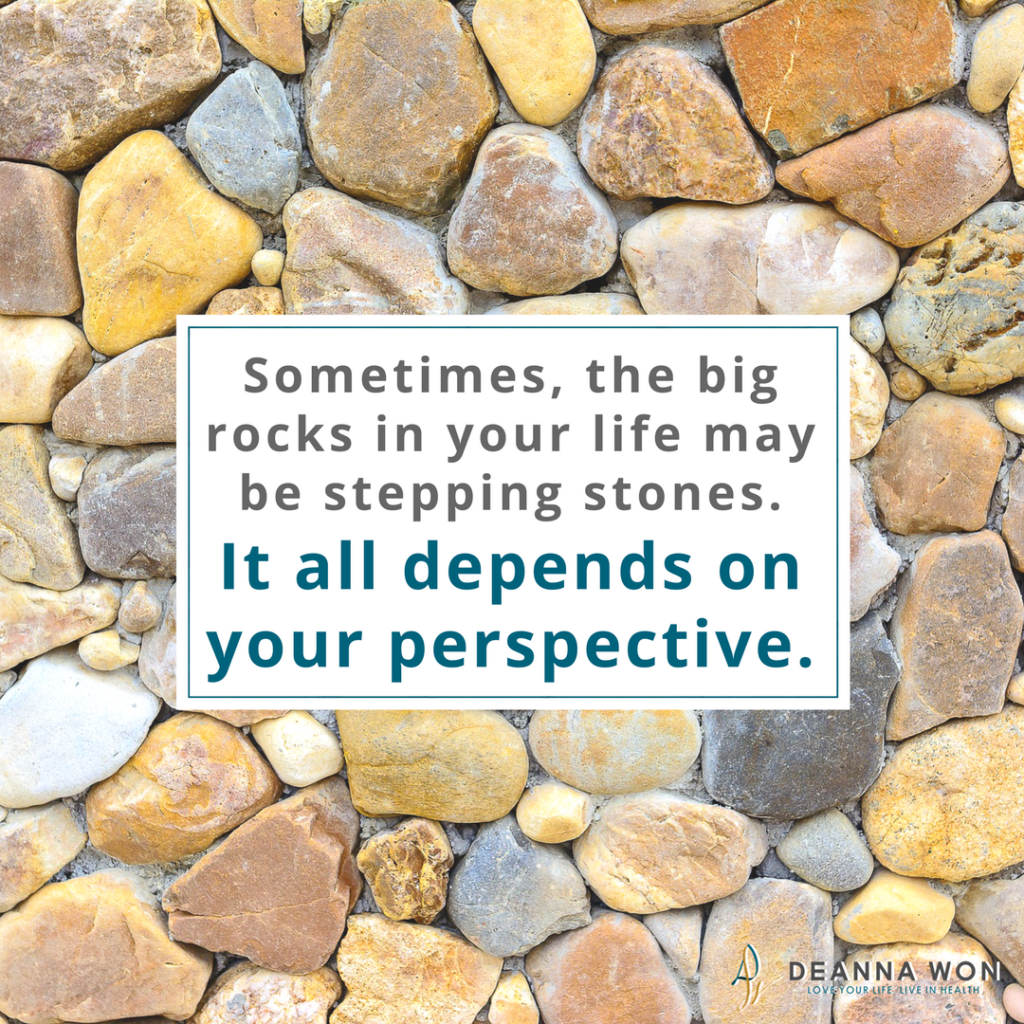Having an awareness of the desires and dreams within you are important because without this, anything that you aim to accomplish can easily become misguided. This is because it is easy for the rational mind to take over and convince you that you’re on the right track. What you ultimately believe, with respect to yourself and your situation, is key though, because your beliefs will serve as the guide or direction for your actions. This is true, not only when it comes to healing your body, but for anything worthwhile goal you desire to achieve in life.
However, many place a great deal of weight on the words that come from someone who is seen as an authority or expert in their field. For example, when students are told by their teachers that they “won’t amount to much,” when parents tell their children that they will likely develop a disease or health challenge because “it runs in the family,” or when patients are told by their doctors that they only have a period of weeks or months to live, the moment you hear these “prophecies” from people that you trust, a choice has to be made – whether to accept it, or chose another path.
In accepting someone else’s declaration over your life, you are essentially giving away the power that is actually within you. This is the power to be able to freely choose another way to accomplish the goals to fulfill the dreams that you hold, in spite of what others may think or feel about you and your situations.
The effect of negative words that we accept from experts has actually been tested scientifically. You may have heard of placebos, which are given to patients as part of a control group in an experiment. Patients in the control group and the test group are told about the benefits that they will experience with a medication that they are to receive, not knowing which group that they’re in. Upon the conclusion of the experiment, there will be patients in the control group that experience the same benefits as those in the actual test group that received the active drug. Why? Because they believed that the placebo was real.
The opposite of this placebo effect has also been tested, called the “nocebo effect.” In nocebo experiments, patients are given the negative effects of a drug (placebo or active drug) before it is administered1. Once the experiment has concluded, there is often a significant increase in the patients that report experiencing the negative side effects than those who had reported the same side effects outside of the experiment.
One example of the nocebo effect comes from an experiment that was submitted to the National Institute of Health by the University of Florence. A 12-month nocebo experiment was conducted on patients who had been diagnosed with benign prostatic hyperplasia, which is a benign enlargement of the prostate gland in men. The patients were administered finasteride, known under the brand names of Proscar and Propecia, which had a maximum of 15% of users that had experienced negative side effects prior to the nocebo experiment. Only half of the experimental group was told that they might experience sexual side effects. At the conclusion of the experiment, 43.6% of those in the “informed” group noted that they experienced the previously described side effects. However, only 15.3% of the “uninformed” group experienced them2.
Experiments like these show that our bodies are capable of doing what we intrinsically believe will happen. However, rather than accepting what someone else has declared over your life, you have the power to make decisions that affect not only your life today, but also your future. This is why what you believe in is so critical.
I was recently invited to attend the Veteran EDGE Conference in Austin Texas, where I was especially inspired by a speech given by Captain Scott Kelly, USN (Ret), the first American astronaut to spend 340 days on the International Space Station. He shared his humble beginnings where his father had actually encouraged both he and his twin brother (who also became an astronaut) to become welders because they were both such poor students. In his book, Endurance: A Year in Space, A Lifetime of Discovery, he writes, “For my entire K-12 education, I pretty much ignored my teachers and daydreamed.”3 His maternal grandmother tried to help him, but after working with him for a few days, she gave up and declared that he was “hopeless.”4
When he was eighteen years old, he was largely not attending his classes as he struggled with concentration. Although he did not appear to have much of a future, after reading the book, The Right Stuff by Tom Wolfe, the desire that this book sparked within him turned his life around. This book inspired him to become a naval aviator, later a test pilot, which put him on the trajectory to eventually becoming a NASA astronaut. At the time and given his circumstances, this could have easily appeared to have been a goal that was too high to be achievable.
During his speech, Scott shared about his mother who became the first woman police officer in his town. When his mother had informed his father of her goal, rather than feeling threatened, as he was a police officer, he helped her to prepare by transforming their backyard into an obstacle course to help her with the physical training. The senior Mr. Kelly even went so far as to build a wall that his mother could use to practice scaling. Unbeknownst to her, her husband made the wall a foot higher than what the cadets used during their training. While she struggled a lot in the beginning to overcome that wall, she eventually was able to surmount it. When it came time for her to be tested, she completed this test with ease, scaling it much faster than most of the men in her class. This story illustrates the importance of having goals that seem so high that they may seem near impossible to achieve.
In looking at my own journey with cancer, it was challenging to hear from my oncologist that I only had 4 weeks to live. What helped me tremendously was to consider a story out of the Bible when the Israelites were not far from the Canaan, the Promised Land. As Moses was leading them out of Egypt, he sent spies ahead into the land to do some reconnaissance. However, rather than believing in God’s promise, the Israelites chose instead to believe in the majority of the spies’ reports of the “giants” in the land, which resulted in generating fear among them. So, even though they were not far from the Promised Land, their beliefs cost the entire nation 40 years of wandering in the desert wilderness.
I realized that I had a choice in believing the prognosis, or choosing instead, to allow God to have the final say-so over my life. Based on the latter, I decided to refuse any chemotherapy/radiation treatments, against the urgent recommendation of my oncologist. I am truly grateful beyond words for God’s grace in allowing me to recover from being so close to death. In my emaciated state, I feel confident in saying that I would probably not be here today, if I had accepted the recommendation to do chemotherapy. Your beliefs, whether or not you’re aware of them, will lead you into making certain decisions which can have a direct impact on you at the present moment, as well as the future.
Years prior to even knowing that I would have a cancer diagnosis, however, I had strong desire to be the healthiest that I could be, which led me to do a lot of reading, research, and travel to various holistic education programs. This was done purely out of the natural extension from the desire that had already been planted within me from an early age. When I eventually received the cancer diagnosis, I believe that it was, once again, God’s grace that allowed me to tap into all that I had learned in the years prior and apply what I had learned to the condition I was facing. From this, you may see that it’s not enough to have a desire and belief system based on that. You also have to be able to take action based on your beliefs. Otherwise, desire without action is simply a wish.
When you’re faced with challenges that seem insurmountable, here are four steps you can take:
1. Become Aware of the Dream Within
Just like how Scott Kelly became aware of his desire or dream to become an astronaut, take time to become aware of the dreams that you may have within yourself. If you’re faced with a serious health crisis, perhaps, it’s a dream to become healthy again. Perhaps you have certain career aspirations. Whatever it is, if you’re not aware of what’s there within you, spend time to journal to gain that awareness.
2. Cultivate Beliefs in Alignment with Your Values
When I was at the crossroads of being forced to consider using chemotherapy to save my life, I had to do some deep soul-searching to first determine and then cultivate what I really believed in. In so doing, I found that I had a deep belief that God has created the human body to be able to innately heal itself. I cultivated this belief by considering ways of supporting the processes of the body, to include the processes of the mind, body, and spirit. This strengthened my beliefs to honor the body’s own processes, even if that meant having to die for those beliefs.
3. Develop Goals, Even They Seem Beyond Reach
When I was on my “deathbed” in hospice, my doctors had written me off to die. The nurses were trying to administer pain medication to provide as much comfort in preparation for my death. Having a belief that I could recover from that condition seemed like a long stretch and near impossible. However, in spite of how the circumstances appeared, develop and move towards goals, even if they appear too difficult or near impossible to achieve.
4. Take Action
No matter how aware you are of your dream and goals, none of that will amount to much if you do not take action. If you do not feel strong enough in yourself to take action, enlist the help of those around you to help support you in taking action. When I became too weak to continue to make fresh green vegetable juices, God brought people to me to help. So, no matter how difficult the road, take action, one step at a time.
When you become aware of your desire or dream, have the courage to develop goals to achieve that dream, and take action, anything is possible. Encompassing all of this is your beliefs. What beliefs do you hold about yourself, about your life, about what’s within the realm of possibility? If you place limitations on your abilities or allow others to limit you, you may be preventing yourself from achieving the remarkable and perhaps, even the miraculous. The power of achieving any worthwhile goal lies within the intrinsic beliefs you hold. Whose report will you believe in?
Ready to make your health a priority? Contact me here to schedule your consultation.
References
- Planès, S., Villier, C., & Mallaret, M. (2016, April 4). The nocebo effect of drugs. Retrieved February 26, 2018, from https://www.ncbi.nlm.nih.gov/pmc/articles/PMC4804316/
- Mondaini, N., Gontero, P., Giubilei, G., Lombardi, G., Cai, T., Gavazzi, A., & Bartoletti, R. (2007, November 4). Finasteride 5 mg and sexual side effects: how many of these are related to a nocebo phenomenon? Retrieved February 26, 2018, from https://www.ncbi.nlm.nih.gov/pubmed/17655657
- Kelly, Scott. (2017) Endurance: A Year in Space, A Lifetime of Discovery. New York, New York: Alfred A. Knopf.
- Ibid.

